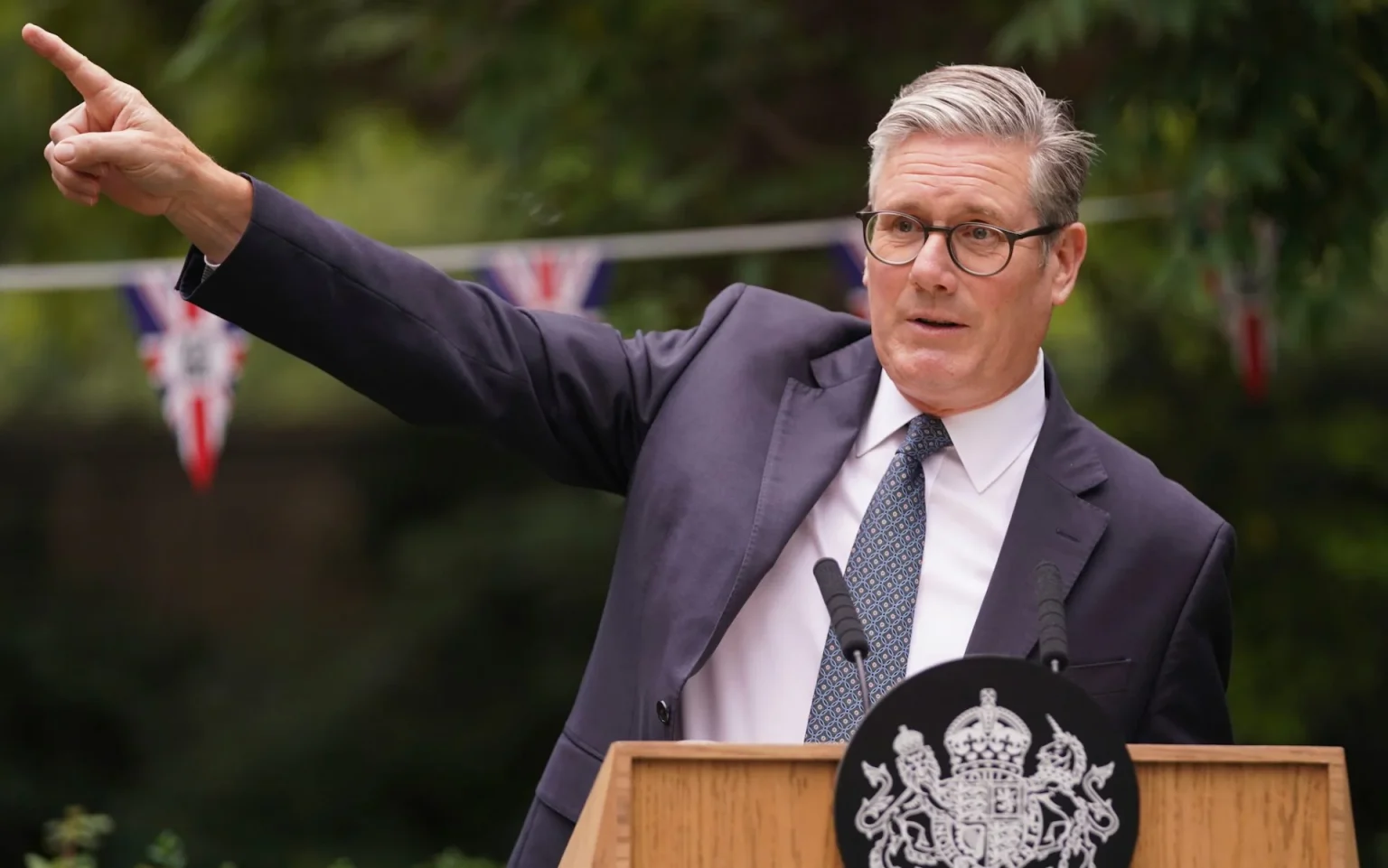Prime Minister Keir Starmer addresses growing concerns over the failure to prosecute high-profile China spy cases, amid accusations from the opposition and renewed scrutiny of national security policy at the opening statement today during the Prime Minister’s Questions (PMQs).
Starmer expressed deep disappointment over the outcome of the case, which saw two men charged under the Official Secrets Act but ultimately not prosecuted. “National security will always be the first priority of this government, vowing that the UK would always defend against espionage,” he told the Commons.
While facing criticism from Conservative MPs, Starmer pointedly noted that the alleged espionage activity occurred between 2021 and 2023 under a Conservative government. He highlighted that this period was framed by two key policy documents: the Integrated Review of 2021 and its 2023 refresh. Neither described China as an enemy, but both outlined the need for stronger national security protections.
“The then government’s position was to engage with China to leave room open for constructive and predictable relations.” He cited a 2023 witness statement by Deputy National Security Adviser Matt Collins, who, he said, faithfully set out the policy of the then Tory government.
Also, the prime minister confirmed that no current ministers or special advisers had any role in influencing evidence, casting doubt on the former administration’s involvement. “I can’t say what the position was of the previous government. If the leader of the opposition knows the answer to that question, and I suspect that she does, I invite her to update the House,’ he said.
Starmer also confirmed he would publish the witness statements from the DSNA following legal advice received that morning, saying he had decided on full publication after careful consideration.
In a pointed final remark, the prime minister blamed Conservative inaction for the legal shortcomings that prevented prosecutions. “Had the Conservatives been quicker in updating our legislation, a review that started in 2015 with these individuals could have been prosecuted, and we would not be where we are now,” he said.
No Political Interference with CPS
Later in the session, former security minister Tom Tugendhat challenged Starmer directly, asking whether the Crown Prosecution Service (CPS) was politically influenced in its handling of the case. He also questioned the legal basis of the charges brought under the Official Secrets Act, suggesting the newer National Security Act was being used as political cover.
Starmer firmly denied any political interference. “Absolutely not,” he responded, adding, “I was the chief prosecutor for five years… not once was I subjected to political pressure of any sort from anyone.”
He said that the UK’s tradition of prosecutorial independence was one he upheld both as Director of Public Prosecutions and now as Prime Minister. “It’s a proud tradition,” he said, “and one I believe in deeply.”
During the session, Labour MP John Whitby pressed the prime minister on links between Reform UK and Russian interests, following the conviction of Nathan Gill, former Reform UK leader in Wales, for accepting bribes in exchange for pro-Russian statements in the European Parliament.
Starmer condemned Reform UK and drew a stark contrast for voters. “They have serious questions to answer,” he said. “The public faces a choice between Kremlin cronies sowing division or Labour patriots working for national renewal.”



